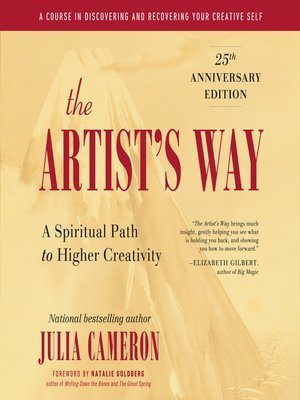It’s January. Let’s Journal!
A brand-new decade begins a journey, which is best navigated with Clarity (my 2020 Word of the Year). What better way to provide that clarity than with documentation? As such, I’d like to clarify the essential and beneficial practice of Journaling. It’s the ideal tool to record your personal history as it occurs, for later reflection and celebration. It’s also an effective way to shed light on self-awareness, making it a great leadership tool. So, settle in, choose an attractively-bound notebook, and get ready for the adventure of your life to unfold— with Clarity.
Why Journal?
When DRIVEN works with clients to manage overwhelm, which is the 21st century version of time management, we suggest they keep a time log. The logic is that you need to know where you are before you can get to where you want to be. And self-awareness, the first step in any kind of transformation, is a byproduct of keeping a journal.
Journaling, in fact, touches on all aspects of Clarity. When you do something, a journal helps you reflect on what you did, how you felt while doing it, what you wish went differently, what you learned from the experience, and how you can use the experience in the future. When we’re caught in a moment, it’s challenging to focus attention on all dynamics of the incident or interaction. We often miss real-time details, focused instead on what we’re going to say or busy judging what others are saying. Journaling brings these details to the surface.
It’s also empowering to write about future aspirations and address possible paths to an end goal. The words on a page can help determine the motivation required to get there and even consider what and who could possibly deter you from your vision.
There are physical bonuses to journaling as well. Judith E Glaser shared the findings that journaling has unexpected benefits for the immune system, and increases the ability to concentrate and access a state of mindfulness, even elevating your IQ!
Make The Time.
There are a few challenges to journaling. The first is a common resistance racket whenever a new habit or practice enters a person’s bandwidth. “I don’t have time to journal.” The fact is it takes between 3 and 20 minutes per day to perform most styles of journaling. The real issue is making the time, not having the time. I’ve found it nearly effortless to anchor journaling to my morning coffee & pushups routine, which means it gets done first thing. Some clients have had better success journaling as they wind down from their day. A mother of two young children, for instance, uses journaling as her reward after the “angels” are finally asleep, alongside a cup of tea.
A Fear of Journaling?
The truth is that journaling invites you to get a glimpse of your reality. And it takes courage to look into your mind, or more accurately, what spills from the pen. You see, when you journal, the hand informs the brain, and your subconscious seems to control the hand. It’s remarkable how many emotions are released when I click my pen. I discover how much of my time is spent wrapped up in frustration, defense, worry, impatience, anxiety and anger. These drivers of past derailments, however, once recognized and acknowledged, can be managed. I’m now willing and able to accept my flaws in order to improve my life and live to my greatest potential. And I highly recommend it.
The Journal-istic Approach
Journaling takes different forms and styles. Some colleagues and clients journal with a singular focus, starting out with a specific subject in mind. Some do a daily “brain dump”, like author Julia Cameron, who ceaselessly journals for three pages at a clip with no topic in mind. An adaptation of Cameron’s beloved morning pages is to set a timer for 18 minutes, willing the pen to directly connect with your unconscious (without that pesky conscious getting in the way), not letting the pen leave the paper until the alarm sounds.
When I started reading Cameron’s The Artist’s Way, I didn’t know how I’d ever fill three pages in a journal each day. But I was committed. My first epiphany was how much I accomplish each day. I also surprised myself by recognizing in writing how the little emotions do have an effect. Why did I ever imagine that this wasn’t true for me? It’s humbling to see, in my own chicken scratch, how my day surfs along on my emotions. And I’m excited about the prospect of this experience for YOU!
Next Steps
In our next article, expect DRIVEN’s first 2020 lagniappe! I’ll share a variety of powerful Journaling topics including the power of a Confidence Journal and a Celebration Journal.
This year, as we search for Clarity and work to define our reality vs the real truth, consider becoming more curious about what’s going on in the brain. Thoughts based on our perceived realities inform our feelings, which inform behaviors and actions. Next month, DRIVEN will explore the necessary end-result: Self-Compassion. This is a vital nutrient to sustain the strength it will take to seek Clarity. I hope you’ll join me further along in the journey.
Is Coaching for you? Are you ready for it? Sign up HERE for a 15-minute Complimentary Coaching Consult to find out.



